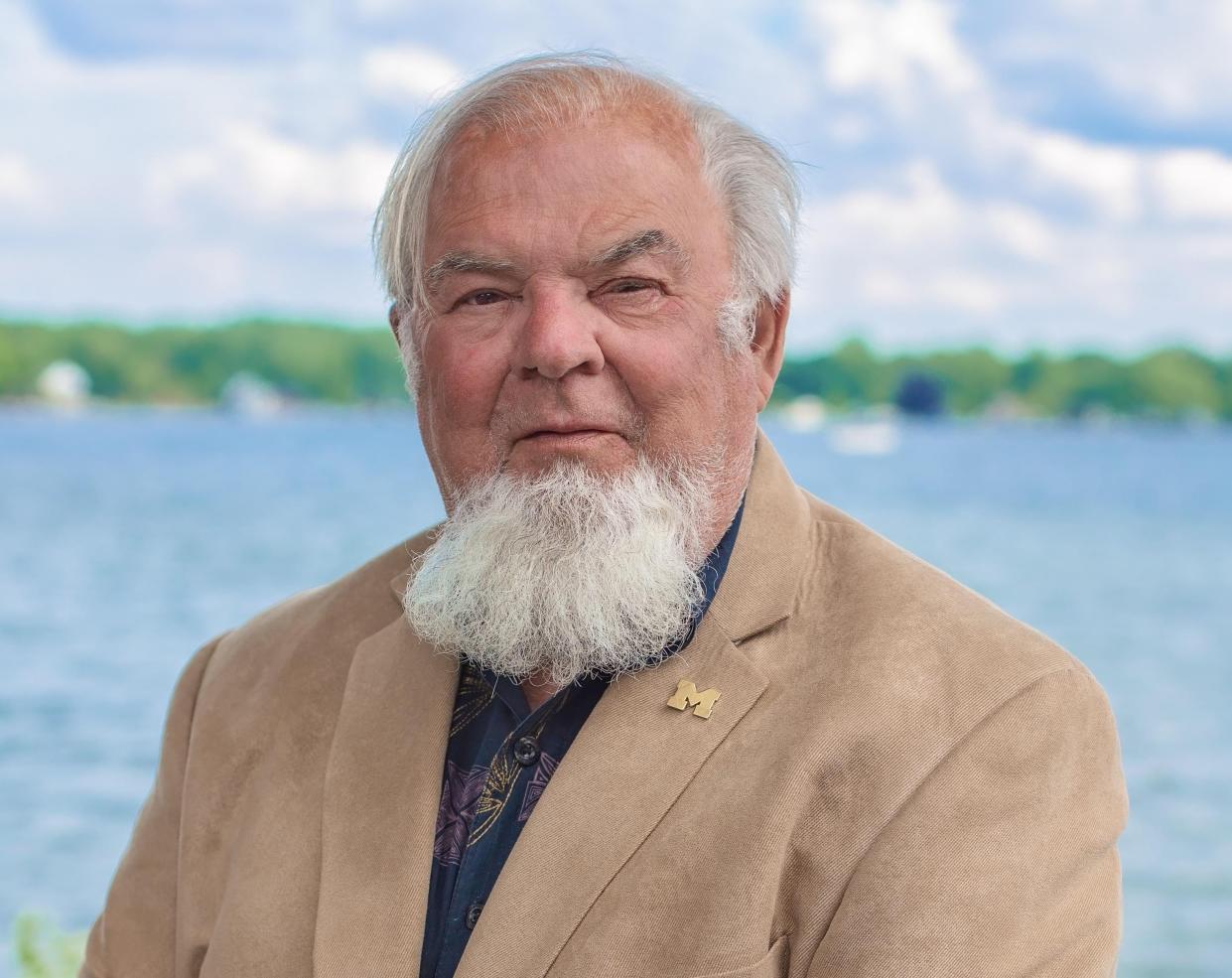James W. Pfister: Citizens United, First Amendment and equality

With speculation already underway regarding the 2024 election, it is time to think about the debate over the U.S. Supreme Court’s 2010 ruling in Citizens United v. Federal Elections Commission.
Under the Constitution’s Equal Protection Clause and Article I (2), we have equality in voting, “one person, one vote.” A poor person’s vote has the same weight as a wealthy person’s vote. But, when it comes to political influence through the spending of money, it is anything but equality.
Under Citizens United, there is no limit on what a nonprofit or for-profit corporation can spend in direct political expenditures, as opposed to contributions to candidates. Corporations, individuals or groups can spend money for speech under the First Amendment: “Congress shall make no law … abridging the freedom of speech…”
Does this inequality in political influence weaken or strengthen our democracy? My thesis is that it strengthens it because it reflects the power structure in society, constitutes more speech and informs the political debate for “We the People.”
In Citizens United, written by Justice Athony Kennedy in this 5-4 decision, a federal law had prohibited corporations and unions from using their funds to make independent expenditures for political speech, called “electioneering communication.” This prohibition had been upheld by Austin v. Michigan Chamber of Commerce (1990). The Court had to decide whether to overrule Austin.
The holding of the Court was Austin, “should be and now is overruled. We return to the principle established in Buckley and Bellotti that Government may not suppress political speech on the basis of the speaker’s corporate identity. No sufficient governmental interest justifies limits on political speech of nonprofit or for-profit corporations.”
Since a fundamental right was involved, the Court used a strict scrutiny test, where there has to be a “compelling governmental interest” and the limiting law must be “narrowly tailored” to the achievement of that interest. The most important governmental interest proffered was the prevention of corruption, most typically a quid pro quo. The Court distinguished a quid pro quo from mere “influence or access.” Thus, the limiting law was not narrowly tailored: “ingratiation and access … are not corruption.” A basic First Amendment principle is: “…it is our law and tradition that more speech, not less, is the governing rule.”
Justice Antonin Scalia concurred: to “exclude or impede corporate speech is to muzzle the principal agents of the modern free economy. We should celebrate rather than condemn the addition of this speech to the public debate.” Speech can be a group thing, like a political party, or Fox News; it need not be solely an individual phenomenon.
Justice John Paul Stevens dissented. He emphasized the difference between corporate and human speakers. Corporations cannot vote or run for office. They are not part of the democratic society. He looked at the “potentially deleterious effects of corporate spending in local and national races … (corporations) have no consciences, no beliefs, no feelings, no thoughts, no desires … their ‘personhood’ often serves as a useful legal fiction. But they are not themselves members of ‘We the People’ by whom and for whom our Constitution was established.”
Many of the critics of Citizens United take an equality approach: “The Citizens United decision opened the floodgates to … billions of dollars … enabling those with access to concentrated wealth to have vastly more influence … than the average American.” This “American Promise” group wants to “ensure an equal voice for every American.” U.S. Rep. Adam Schiff, D-Calif., on March 24, 2022, introduced a constitutional amendment that would overturn Citizens United.
We have equality in voting, but there is no way to have equality in political influence under the First Amendment. Political influence, like wealth itself, is not equally distributed. All have access to the First Amendment right, including the wealthy and corporations. It is natural that the power structure in society will have more influence than the average person. That is the very nature in politics, true in every society. The speech of this power structure will provide the public with information useful in the political debate. More speech, not less, is the rule. But in our democracy, the outcome of the election is subject to the discipline of the equality of one person, one vote, “We the People.”
James W. Pfister, J.D. University of Toledo, Ph.D. University of Michigan (political science), retired after 46 years in the Political Science Department at Eastern Michigan University. He lives at Devils Lake and can be reached at jpfister@emich.edu.
This article originally appeared on The Daily Telegram: James Pfister: Citizens United, First Amendment and equality

